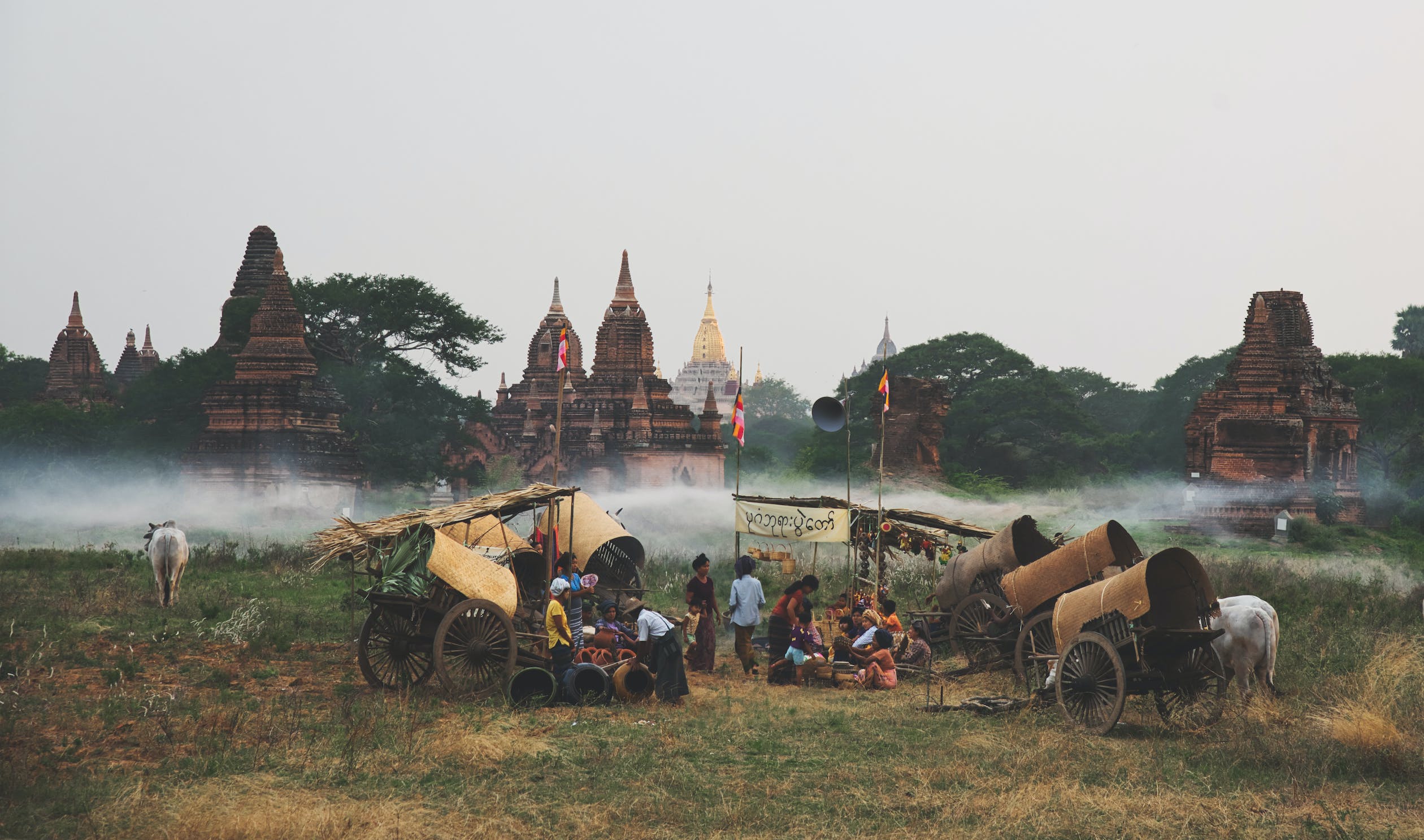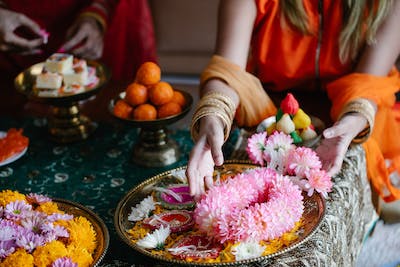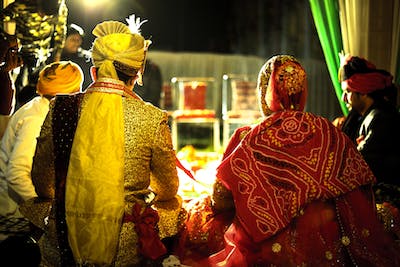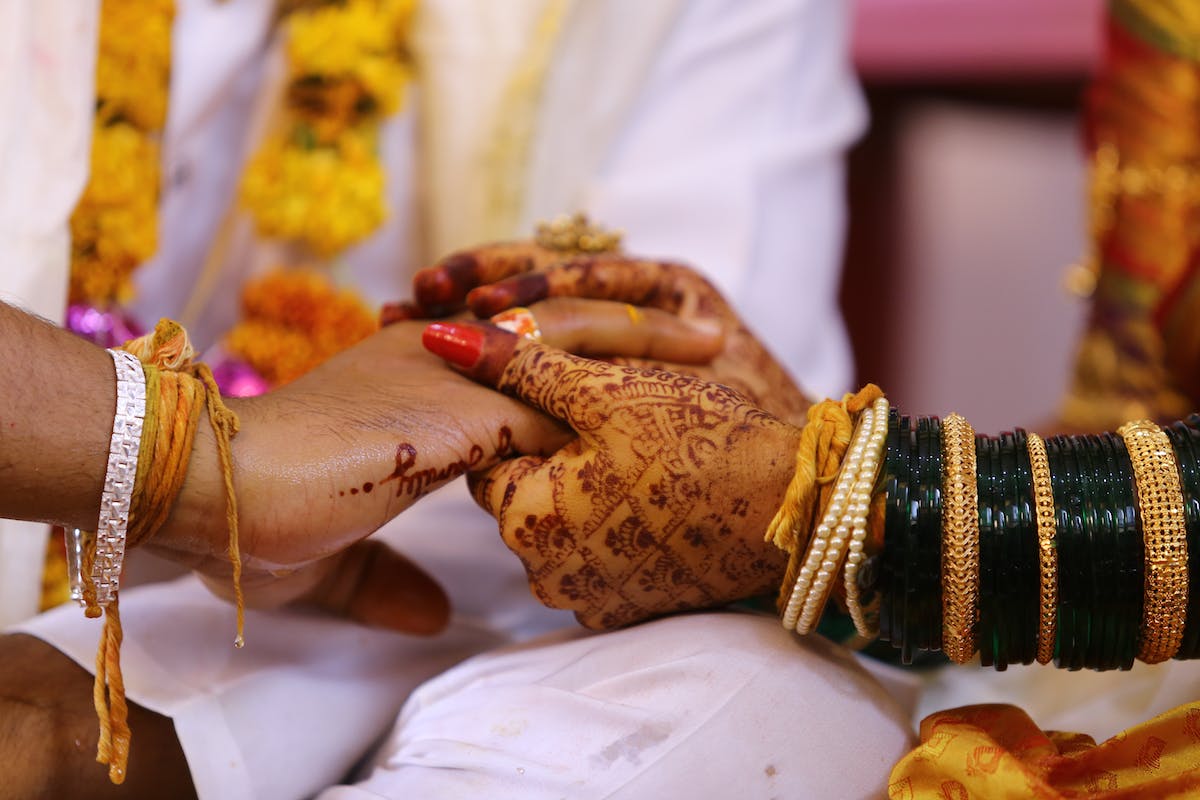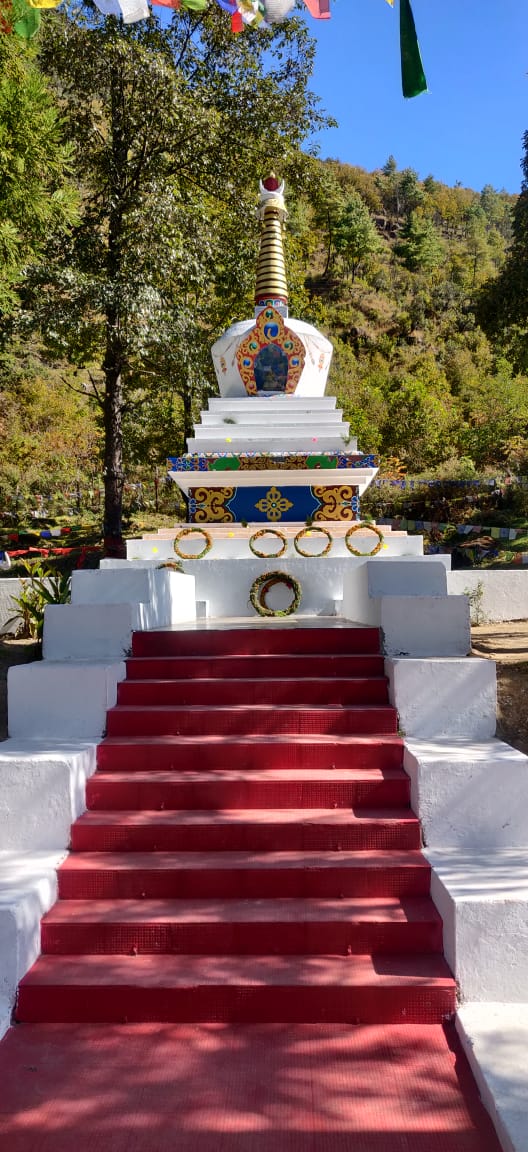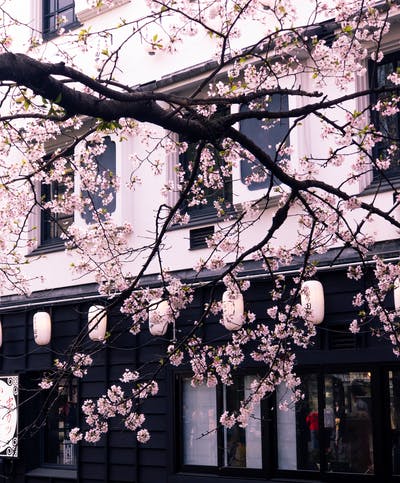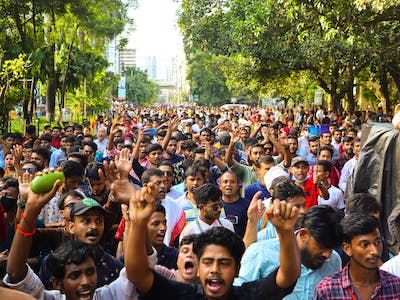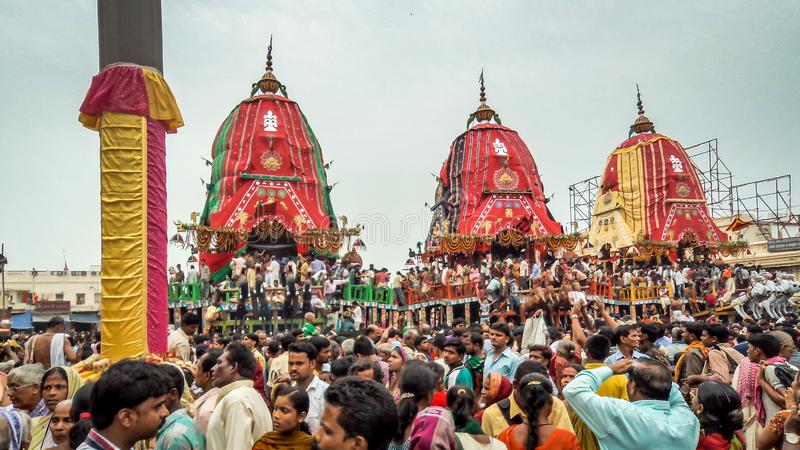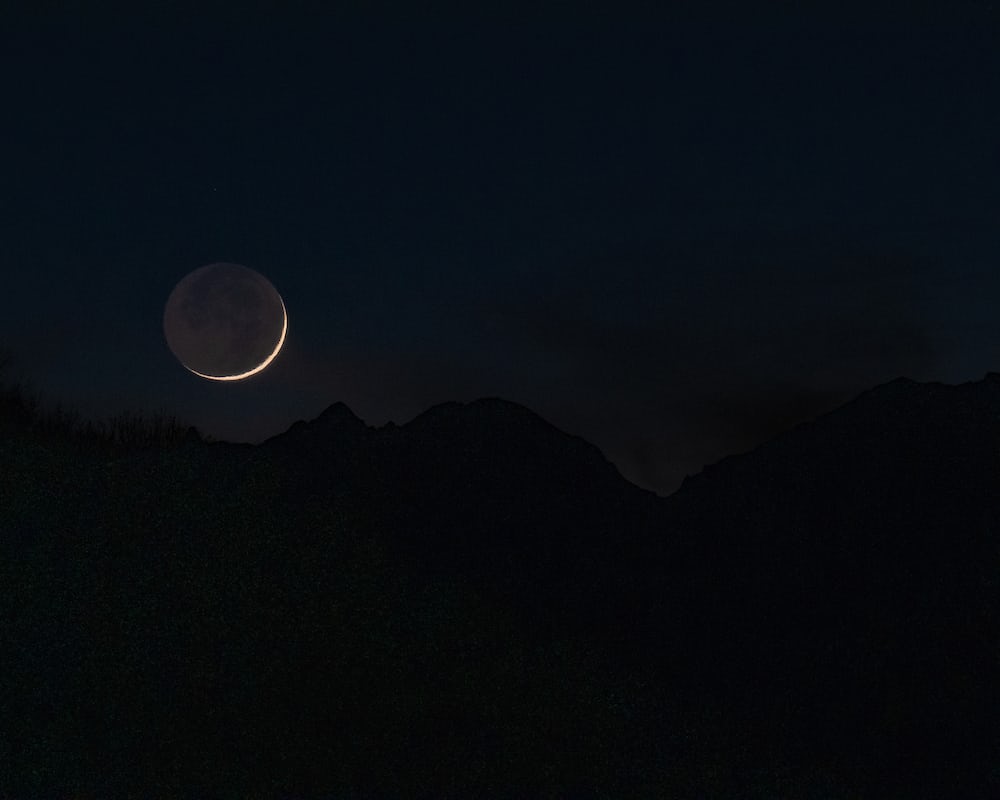
The wise see knowledge and action as one; They see truly and go beyond death
Brihadaranyaka Upanishad
Now that the South Pole of the moon bears not just the imprint of the Indian Emblem and the Vikram Lander in sleep mode, not to speak of the Indian Flag, it is time to set our sights on newer horizons to conquer. We have perhaps been the first civilization to know that the ‘Brahmand’ as we call it, is in a way limitless and in a way limited to the smallest sub-atomic particle. Though we embraced modernity in the space race, the tolling of ancient bells somewhere in the subconscious has given us an edge in what we seek in the heavens.
It seems strange, but you may try to take Indians out of science, but you cannot take the science out of Indians. This has been proved time and again. The Indian Institute of Science was set up in the face of tremendous odds, a brain child of such visionaries like Swami Vivekananda and Sir J.N.Tata, which was finally brought to living, breathing life by the hard work and generosity of Sister Nivedita and Maharani Kempananjammani Devi, the regent of the kingdom of Mysore. It is not strange therefore that a stalwart like Homi Jehangir Bhabha decided to make a fledgling nation an independent nuclear power, while Dr. Vikram Sarabhai set his sights on launching the nation into space much to the horror of the ‘Big Brothers’ of the world, the powers of the West, the biggest of whom of course, was uncle Sam. ‘Precocious’ was the only way to describe this new kid and it was certainly unbecoming.

It is no secret that ‘bullying’ is a traditional welcome offered to most new kids, whether on the block, on the street, or in school and if the kid happens to be rather down- at -heel with a torn satchel, second-hand books, dressed in hand-me-down clothes and is brown to boot, well, your imagination can fill in the blanks. And this was precisely the unsubtle ‘cancellation’ which the Indian Nuclear and its offshoot, the Space Program faced since its inception. It always faced the shadow, rather than the light of the moon.
The withholding of technology and the sanctions applied were all par for the course, but the real price India paid was the loss of scientific talent. With a seriously flawed education policy already in place, the stage had been set for a rapid brain drain. But this was compounded by death, which stalked the ranks of those scientists who remained, carelessly culling the best and the brightest with scant regard for age or knowledge. And not just any old death, but the planned and pre-mediated kind.
Beginning with the death of Dr. Bhabha himself, in a tragic air-crash in the snow-laden heights of the Alps in 1966, an incident which was never given the gravitas and investigation warranted (not least because it followed the death of the then PM Lal Bahadur Shastri by less than two weeks), the toll grew and grew like an unstoppable dirge, swelling well into the second decade of the new millennium, further besmirched by a spying case in the last decade of the nineties. A popular media house was somehow roused from its apathetic state of semi- somnolence to publish a piece on ‘The Case of the Missing Indian Scientists,’ but there was none of the hue and cry which would have been caused if there had been a few missing politicians (who certainly did nothing extraordinary other than rabble-rousing) or a few missing ‘popular actors’!
The sudden death of Dr. Vikram Sarabhai, a non-smoker and teetotaler with no known history of cardiac disease, the founder and first director of what began as INCOSPAR and what we now know as the much- feted ISRO, due to sudden cardiac arrest in a hotel room in Thiruvanantapuram on 30th December 1971 and the subsequent refusal by the family to carry out a post-mortem, led to more than just niggling doubts which have never quite been silenced. Of course, the statement of the great man himself that he was being watched by both the Americans and the Russians did not help matters. Conspiracy theories aside, the loss of two top scientists in a span of five years was a setback which took a long time to overcome.
Now popularized by the film ‘Rocketry,’ which recently won the national award, the story of aerospace engineer and scientist S Nambi Narayanan, which mercifully does not end in murder and mayhem is no less sinister, not least because it spotlights the depths to which foreign powers can penetrate the best of our institutions and achieve their ends by ruthlessly mowing down all who stand in their path. His arrest and the subsequent spurious espionage charges made India not only lose out on cryogenic tech, but also a large chunk in the space economy, which was the ulterior motive all along.
What strikes one as truly devastating is that the price for which PEOPLE can be bought or sold is significantly less than the thirty pieces of silver for which Judas betrayed Jesus Christ! A distinctly unhappy scenario. When the ruling powers at the center, state, and the intelligence bureau all act in collusion and a certain person involved later becomes the Union defense minister, one can only wonder about what else is being sold in the open (black) market. Of course, when the IB officer involved in the arrest also joins politics later, one can assume that what smells fishy is much more than the fresh ‘Karimeen’ caught off the Kerala coast.

But there is worse. Between 2009 and 2013, eleven Indian nuclear scientists died unnatural deaths. It was bizarre because they were found dead on railway tracks or simply vanished while out on morning walks, only to be found dead in forests. According to a PIL filed by RTI activist Chetan Kothari in 2011, around 684 deaths had been reported in a fifteen- year period at various nuclear and space centers around the country. With most deaths being attributed to ambiguous causes with insufficient or downright shoddy investigations, it hard to prove or disprove the real reasons behind them.
A series of interviews with a former CIA operative, Robert Crowley by journalist Gregory Douglas has been published as a book ‘Conversations with the Crow’ where Crowley without mincing words talks about Dr. Bhabha ‘being a dangerous one’ who was bent on ‘stirring up trouble.’ Reading between the lines it is easy to see that crossing scientific swords with the powers that be is perhaps the most dangerous of all and the people who show the gumption to walk this path are marked men. Although Douglas has often been lampooned for being a ‘conspiracy theorist,’ some coincidences are one too many to ignore.
With the recent laurels in the crown of the Indian Space program, it is perhaps better late than never that so many of our ‘back-street boys and gals’ who slave away in labs and tech centers, unknown to most of us have been pulled into the limelight they deserve. Accolades aside, they are not only more deserving of the traditional ‘Lal -batti-ki- gadi’ than some of the scum who have nothing more to their names other than being born in the right cot, but deserve a safe and long life like (m)any other Indian citizens.
With the successful launch of the Aditya L1, the first Indian solar mission, let us hope that Indian scientists find their safe place in the sun without being haunted by the dark side of the moon!
( This article is the concluding part of the series ‘Dreaming by Moonlight’)


